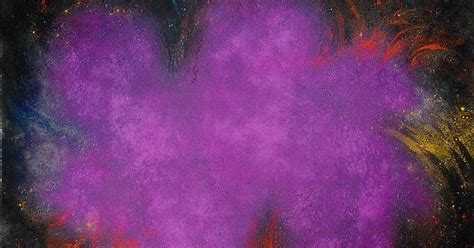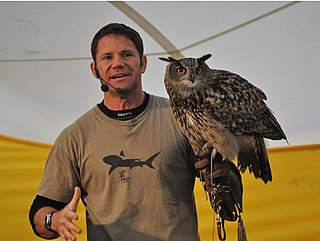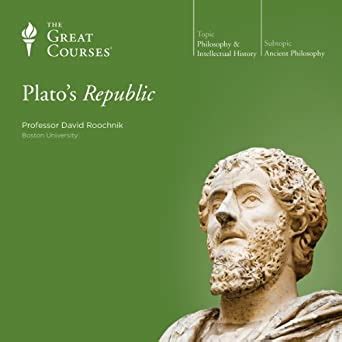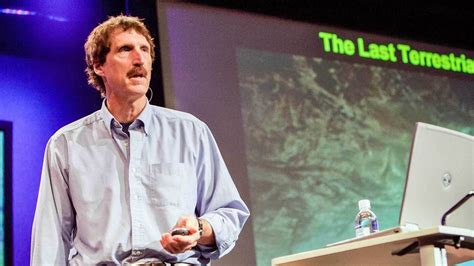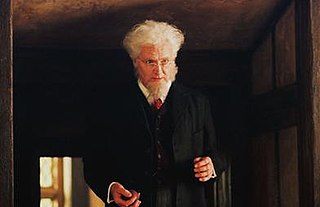Top 836 Plato's Cave Quotes & Sayings
Explore popular Plato's Cave quotes.
Last updated on October 21, 2024.
Here's the thing: this eel spends its entire life trying to find a home, and what do you think women have inside them? Caves, where the eels like to live...when they find a cave they like, the wriggle around inside it for a while to be sure that...well, to be sure it's a nice cave, I suppose. And when they've made up their minds that it's comfortable, they mark the cave as their territory...by spitting.
Socrates: Have you noticed on our journey how often the citizens of this new land remind each other it is a free country? Plato: I have, and think it odd they do this.Socrates: How so, Plato?Plato: It is like reminding a baker he is a baker, or a sculptor he is asculptor.Socrates: You mean to say if someone is convinced of their trade, they haveno need to be reminded.Plato: That is correct.Socrates: I agree. If these citizens were convinced of their freedom, they would not need reminders.
As an artist, and for me personally, my biggest fear is categorization. I hate the idea that I would become someone who says that "this is what I do and now that's what I am." What I really feel like is an explorer. I want to continue exploring my brain cave and see what's there, you know? And I don't want to just stay in one cave.
There is nothing that has caused me to meditate more on Plato's secrecy and sphinx-like nature, than the happily preserved petit fait that under the pillow of his death-bed there was found no 'Bible,' nor anything Egyptian, Pythagorean, or Platonic - but a book of Aristophanes. How could even Plato have endured life - a Greek life which he repudiated - without an Aristophanes!
An interlude of false innocence has passed. Today, as we enter the post-photographic era, we must face once again the ineradicable fragility of our ontological distinctions between the imaginary and the real, and the tragic elusiveness of the Cartesian dream. We have indeed learnt to fix the shadows, but not to secure their meanings or to stabilize their truth values; they still flicker on the walls of Plato's cave.
Was it Aristotle who said the human soul is composed of reason, will, and desire?” “No, that was Plato. Aristotle and Plato were as different as Mel Tormé and Bing Crosby. In any case, things were a lot simpler in the old days,” Komatsu said. “Wouldn’t it be fun to imagine reason, will, and desire engaged in a fierce debate around a table?
Ways of loving from a distance, mating without even touching-Amor platonicus! The ladder of love one is expected to climb higher and higher, elating the Self and the Other. Plato clearly regards any actual physical contact as corrupt and ignoble because he thinks the true goal of Eros is beauty. Is there no beauty in sex? Not according to Plato. He is after `more sublime pursuits.' But if you ask me, I think Plato's problem, like those of many others, was that he never got splendidly laid.
Through Plato, Aristotle came to believe in God; but Plato never attempted to prove His reality. Aristotle had to do so. Plato contemplated Him; Aristotle produced arguments to demonstrate Him. Plato never defined Him; but Aristotle thought God through logically, and concluded with entire satisfaction to himself that He was the Unmoved Mover.
Modern language must be older than the cave paintings and cave engravings and cave sculptures and dance steps in the soft clay in the caves in Western Europe, in the Aurignacian Period some 35,000 years ago, or earlier. I can't believe they did all those things and didn't also have a modern language.
My curiosity, alas, is not the kind that can be satisfied by objective knowledge. Plato said that opinion is worthless and that only knowledge counts, which is a neat formulation. ... But melancholy Danes from the northern mists understand that opinion is all there is. The great questions transcend fact, and discourse is a process of personality. Knowledge cannot respond to knowledge. And wisdom? Is it not opinion refined, opinion killed and resuscitated upward? Maybe Plato would have agreed with this.
Literature is love. I think it went like this: drawings in the cave, sounds in the cave, songs in the cave, songs about us. Later, stories about us. Part of what we always did was have sex and fight about it and break each other’s hearts. I guess there’s other kinds of love too. Great friendships. Working together. But poetry and novels are lists of our devotions. We love the feel of making the marks as the feelings are rising and falling. Living in literature and love is the best thing there is. You’re always home.
Plato assumes somehow that government is a way in which you put unselfish and ungreedy men in charge of selfish and greedy men. But government is an institution whereby the people who have the greatest drive to get power over their fellow men, get in a position of controlling them. Look at the record of government. Where are these philosopher kings that Plato supposedly was trying to develop?
I had no idea what philosophy was until I went to college at UBC. I first read Hume and Plato, so naturally I was under the misapprehension that philosophers are trying to figure out what is true, and that contemporary philosophers are mainly trying to figure out what is true about the mind. Of course Hume and Plato were trying to do that, hence my misapprehension.
You have to realize that, about 20,000 years ago, there was a cataclysmic event when an entire rock face collapsed and sealed off the cave. It's a completely preserved time capsule. You've got tracks of cave bears that look like they were left yesterday, and you've got the footprint of a boy who was probably eight years old next to the footprint of a wolf.
We are finally living in Plato's cave, if we consider how those who were imprisoned within the cave - who could do nothing but watch those shadows passing on the back wall - were convinced that those shadows were their one and only reality. I see a profound similarity to all this in the epoch we're now living in. We no longer live simply through images: we live through images that don't even exist, which are the result not of physical projection but of pure virtuality.
Modern man, seeking a middle position in the evaluation of sense impression and thought, can, following Plato , interpret the process of understanding nature as a correspondence, that is, a coming into congruence of pre-existing images of the human psyche with external objects and their behaviour. Modern man, of course, unlike Plato , looks on the pre-existent original images also as not invariable, but as relative to the development of a conscious point of view, so that the word "dialectic" which Plato is fond of using may be applied to the process of development of human knowledge.
One extremely important purpose of emotions from an evolutionary perspective is to help us decide what to remember and what to forget. The cavewoman who could remember which cave had the gentle guy who gave her food is more likely to be our foremother than the cave woman who confused it with the cave that held the killer bear. The emotion of love (or something resembling it) and the emotion of fear would help secure her memories.
Cave divers, of course, deal with an elevated level of risk, and the most that I can say here is that we tend to conduct our work at the bottom of a deep cave on an extremely conservative basis with heavy levels of backup equipment and a policy to abort if any single person doesn't like the situation underwater at any time during the mission.
Of course the Man was wild too. He was dreadfully wild. He didn't even begin to be tame till he met the Woman, and she told him that she did not like living in his wild ways. She picked out a nice dry Cave, instead of a heap of wet leaves, to lie down in; and she strewed clean sand on the floor; and she lit a nice fire of wood at the back of the Cave; and she hung a dried wild-horse skin, tail down, across the opening of the Cave; and she said, 'Wipe your feet, dear, when you come in, and now we'll keep house.



